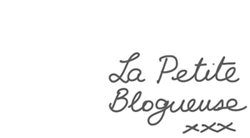I'm a stickler for correct spelling. I've always been good at spelling ever since I started going to school. I know that in French many words sound the same when you say them, but are spelt totally differently.
I could never figure out or remember if the 'je' form of a word ended with an 's' or not but I have finally figured out the pattern! I am surprised I have never read this anywhere before.
If the 'tu' (second person singular) form of the conjugated word ends in 's' and the 'il' (third person singular) form ends in 't' or 'd', then the 'je' (first person singular)' follows the 'tu' form and also ends in an 's'.
Another way to look at it is, if the 'il' (third person singular) form of the word ends in an 'e', then the 'je' form follows the 'il' form and also ends in an 'e' and not an 's'.
Examples:
j'aime - tu aimes - il aime
je mange - tu manges - il mange
j'achète - tu achètes - il achète
je joue - tu joues - il joue
je cherche - tu cherches - il cherche
je donne - tu donnes - il donne
je comprends - tu comprends - il comprend
j'attends - tu attends - il attend
je vois - tu vois - il voit
je dois - tu dois - il doit
je sais - tu sais - il sait
je fais - tu fais - il fait
I consulted my Bescherelle Complete Guide to Conjugating 12000 French Verbs






















0 comments:
Enregistrer un commentaire